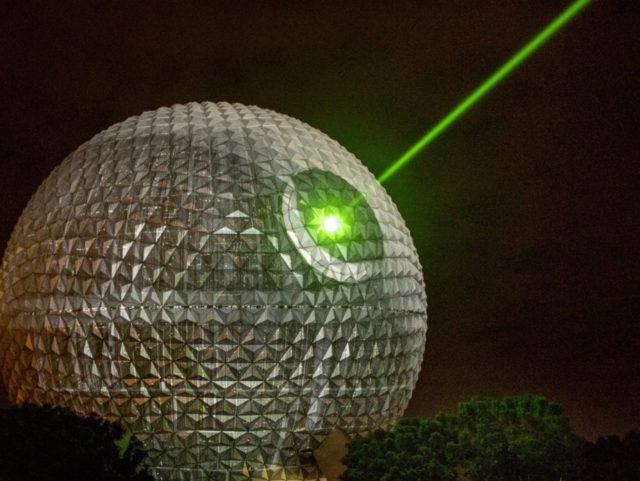A patent filed by Disney details a method of confusing digital scanners used with 3D printers, in an apparent move to block people from copying figurines of their characters, including Star Wars, at home.
According to the Orlando Sentinel, the patent was filed by Consumer Products & Interactive Media, the merchandising arm of Disney, is a multi-billion dollar business, reporting $1.1 billion in revenue in the last quarter. It is unclear if the patent was filed because it wants to protect any research and development it has done on the subject, or whether the figurines will come on sale on the mass market soon.
“It can be difficult for a company distributing collectibles and other 3D objects, such as plastic figurines of movie and animated film characters, to prevent unlicensed copying,” the patent application states, going on to highlight that this “can be an even larger problem for companies that want to protect products that are made through a 3D printing process.” In order to stop this copying, an “anti-scanning material” would be used to create the head or face on the figurine. The “retro-reflective” material would “reflect light in unconventional directions,” to confuse the printer, perhaps in the form of glass beads.
3D printers are not yet a common site in every home and office, but the technology is growing fast; the patent perhaps anticipates further growth in the medium. Currently, fabrication shops and the like use 3D printers that are yet to match a Disney product’s quality, as the machines are still quite basic.
Douglas Brown, the founder of Factur, a “makerspace” in Orlando, highlighted this when questioned about the patent:
I just feel like what Disney produces will always be superior to what their fans produce. Let their fans make Disney toys at home. Sell better toys and shut down companies that are pirating their stuff.
Disney’s other recent patents have included a method for amusement-park rides to automatically sense when a seat is occupied, along with ensuring that mouths on animatronics sync up more precisely with the words that are coming out of them.
Jack Hadfield is a student at the University of Warwick and a regular contributor to Breitbart Tech. You can like his page on Facebook and follow him on Twitter @ToryBastard_ or on Gab @JH.

COMMENTS
Please let us know if you're having issues with commenting.